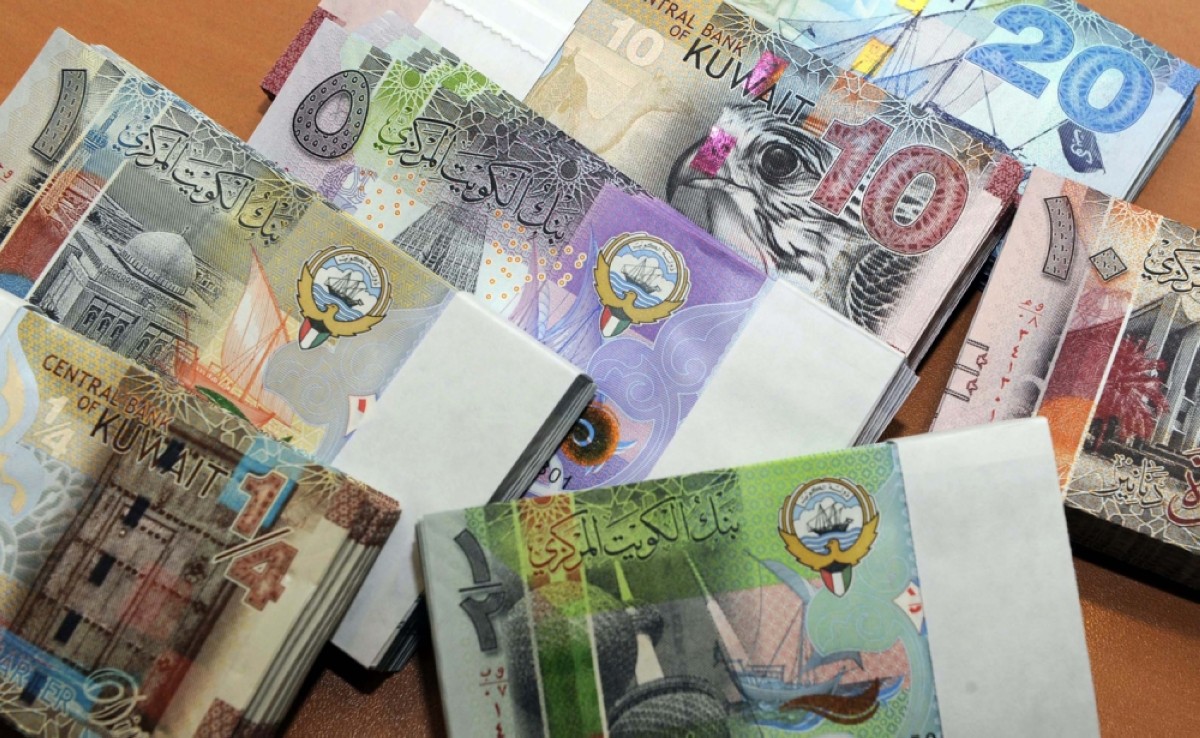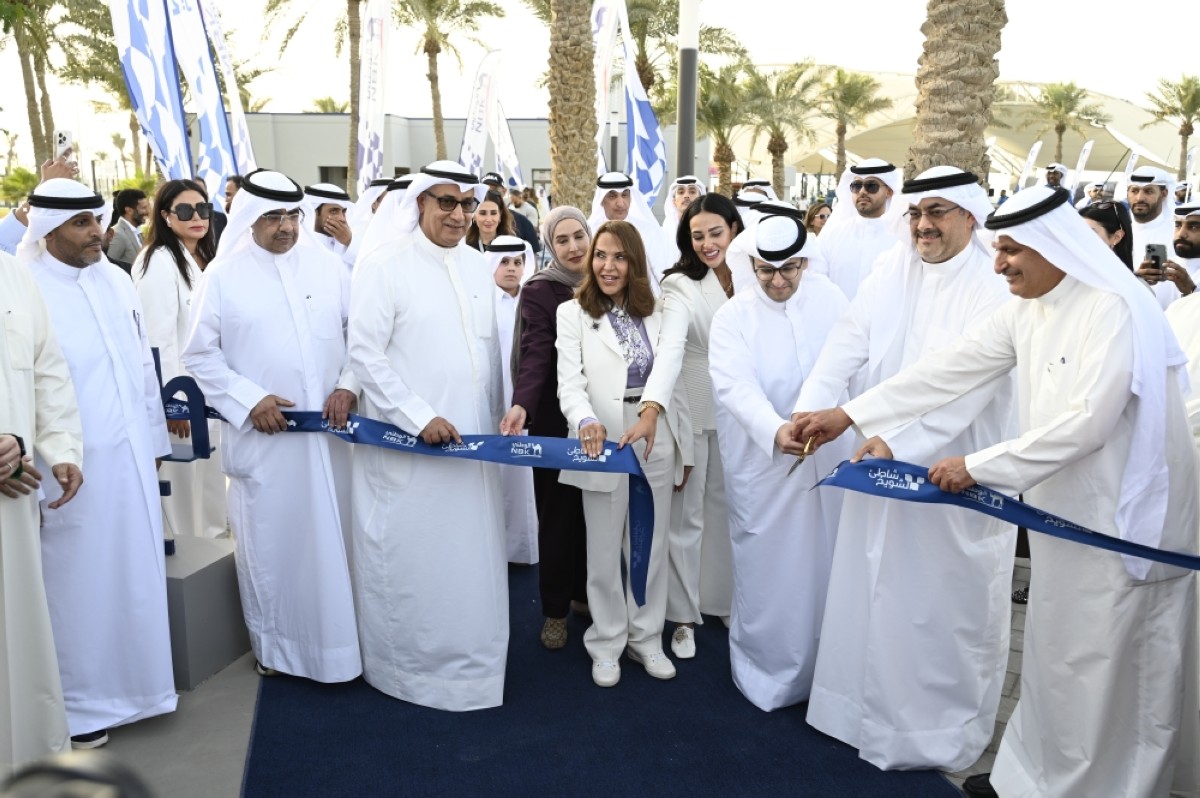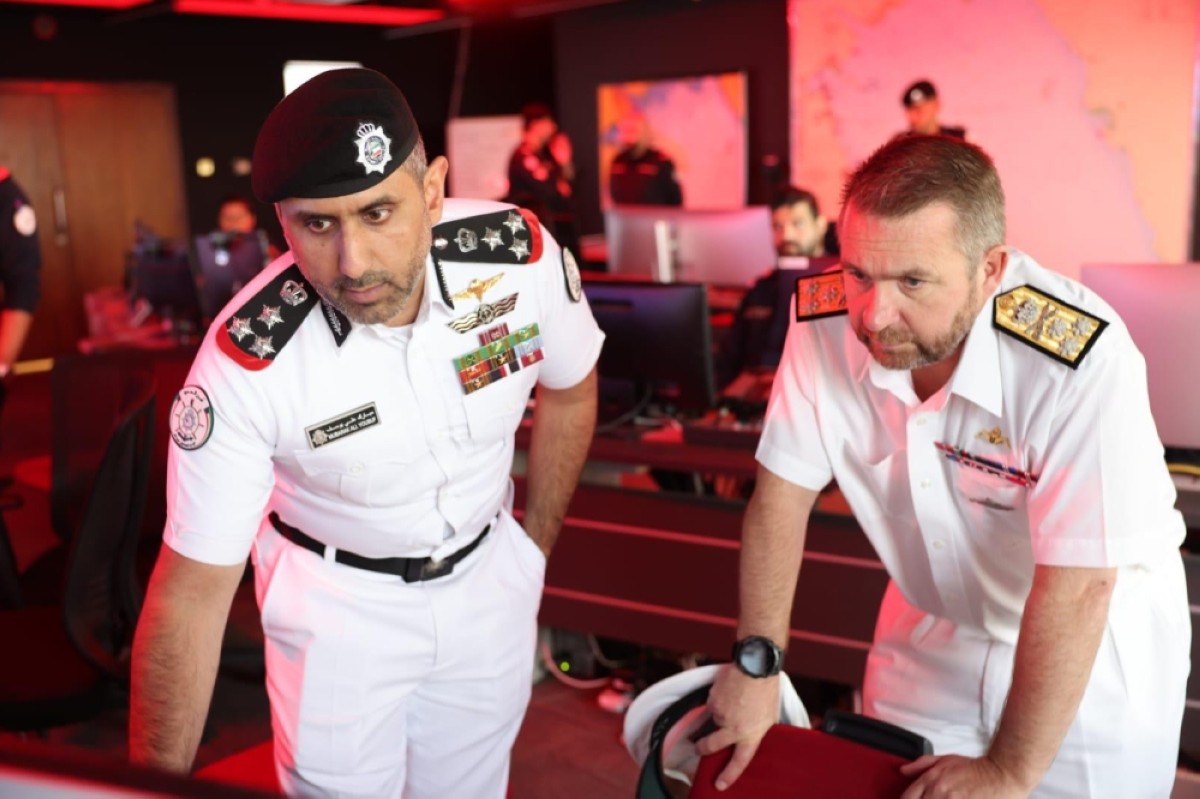KUWAIT: Leading figures in Kuwait’s charitable sector have welcomed the government’s decision to reopen donation campaigns and humanitarian projects, describing the move as a positive turning point that restores momentum to a sector that had been largely frozen since mid-April.
The reopening follows the introduction of a new regulatory framework issued by the Ministry of Social Affairs under Ministerial Decision No. 122 of 2025. The law aims to tighten oversight, enforce transparency, and align Kuwait’s charitable practices with international standards.
In a statement to KUNA, Dr Ibrahim Al-Saleh, Chairman of the Kuwait Relief Society, said the decision confirms the country’s commitment to humanitarian leadership, adding that the society would continue its work “according to the highest standards of integrity and transparency” to serve people in need and elevate Kuwait’s reputation in humanitarian fields. He also expressed appreciation to the political leadership and the committee overseeing humanitarian work for their efforts in developing the sector.
Dr Khaled Al-Subaihi, Chairman of Humanitarian Excellence Association, described the decision not as a routine administrative step, but as a reaffirmation of Kuwait’s position as a global humanitarian hub. He said the reopening marks a “new beginning toward more impactful and sustainable projects that elevate the value of human dignity,” emphasizing the renewed commitment of his society to its core principles.
Meanwhile, Mohammad Al-Shaya, Chairman of Al-Safa Humanitarian Society, said the committee’s decision brought “great joy” to Kuwaitis, praising the leadership and ministries involved for preserving the country’s identity as a generous and giving society. He added that Kuwait “will remain a beacon of humanitarian work and a refuge for those in need.”
A sector under restructuring
The decision to resume donations was announced five days after the new regulations came into effect. The updated law requires all charitable foundations to register with the Ministry of Social Affairs, maintain proper governance structures, and follow strict financial reporting and operational guidelines. Foundations must also obtain prior approval before launching fundraising campaigns or opening new branches.
The overhaul follows a suspension of all charitable fundraising in April 2025, after authorities discovered several unauthorized campaigns operating via unofficial websites and social media accounts. The ministry said at the time that the freeze was necessary to protect donor funds and restore accountability.
At its fifth meeting this week, the Committee for Organizing Humanitarian and Charitable Work—headed by First Deputy Prime Minister and Minister of Interior Sheikh Fahad Al-Yousef—approved the resumption of donations, contingent on new rules set by the ministry. The committee also reviewed a proposed humanitarian work law and new mechanisms for overseeing financial transfers in line with international recommendations.
Implementation timeline
A report by the Financial Action Task Force (FATF) last October acknowledged Kuwait’s legal framework to combat illicit finance but pointed to enforcement challenges. Kuwaiti authorities have increased cooperation across ministries to better track donations, especially those crossing borders, and to shut down inactive organizations. Additionally, the ministry is working on a new digital platform linked to the Mobile ID system earlier this year to streamline charity applications and monitor aid distribution. So far, more than 30 foundations have been dissolved for inactivity or failing to meet requirements.
Sources at the Ministry of Social Affairs told that the new phase of charitable work would be defined by expanded digital transformation, mandatory financial reporting, and public transparency. Foundations will be ranked according to their adherence to governance practices and will be required to partner with certified accounting firms.
Charities that meet these standards will be given priority in obtaining approvals for their projects. An annual public report will also be published online to track the performance of registered organizations. The ministry’s internal timeline aims to implement these changes before an upcoming international review by the Middle East and North Africa Financial Action Task Force (MENAFATF) in October. — Agencies


 Latest News24 hours ago
Latest News24 hours ago
 Politics10 hours ago
Politics10 hours ago
 Business17 hours ago
Business17 hours ago
 Latest News15 hours ago
Latest News15 hours ago
 Latest News17 hours ago
Latest News17 hours ago
 Latest News8 hours ago
Latest News8 hours ago
 Politics7 hours ago
Politics7 hours ago
 Latest News7 hours ago
Latest News7 hours ago

















